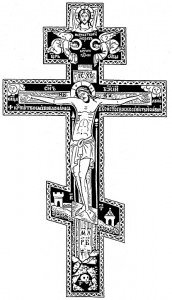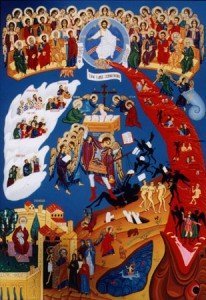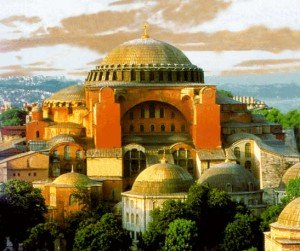APPEAL OF UKRAINIAN CATHOLIC BISHOPS IN THE UNITED STATES FOR
MEDITATION AND FASTING FOR UKRAINE
The bishops of the Ukrainian Greek Catholic Church in Ukraine with Patriarch Sviatoslav Shevchuk have asked their faithful to fast and to pray daily for various intentions, among them, for the President and elected officials of Ukraine, for the conversion of the aggressors, for the Ukrainian army, for those who protect citizens, for the souls of the deceased, and for unity and independence of Ukraine. Let us join them in holy prayer and fasting!
We, the Ukrainian Catholic Bishops of the United States call upon all of our clergy, religious and faithful to pray daily the special prayer for Ukraine provided with this appeal, and to devote precious time for quiet meditation and prayer for the intentions already cited by the bishops of Ukraine. Fast by pausing from our daily activities for an extended amount of time to reflect and pray for the people of Ukraine, and for the specific intentions given above. Meditate on the horrific sufferings of the people of Ukraine, as you pray to God for peace and unity. Pray to the Mother of God for her intercession with her Son, Jesus Christ and for her maternal protection of the people of Ukraine. Pause to identify with the suffering as you pray for peace. Sacrifice valued time and thought in prayer for our brothers and sisters who suffer!
In addition, we ask that all of our clergy and faithful, following every Divine Liturgy and liturgical service say the Prayer for Peace for Ukraine. Let us be steadfast and continue to offer these prayers, fasting and meditation until peace and unity are achieved in Ukraine. We thank you for your anticipated faithful and prayerful participation! God bless you!
+Stefan Soroka
Archbishop of Philadelphia for Ukrainians
Metropolitan of Ukrainian Catholics in the United States
+Richard Seminack
Eparch of St. Nicholas in Chicago
+Paul Chomnycky, OSBM
Eparch of Stamford
+ Bohdan Danylo
Eparch of St. Josaphat in Parma
+John Bura
Auxiliary Bishop of Philadelphia
February, 2015
A Prayer for Peace in Ukraine
Heavenly Father, Your Son taught us
“Blessed are the Peacemakers for
they shall be called Children of God.”
At this hour, we fervently pray that
Your Holy Spirit may inspire men and
women in Ukraine to become Peacemakers.
May they seek reconciliation and dialogue
and end the violent confrontation and killing.
May they restore tranquility to their nation
and restore human rights, democratic principles
and religious liberty to their troubled land.
God, our Father, we beseech you to comfort
the suffering, heal the wounded and accept the
souls of the departed into Your Heavenly Kingdom.
And may the Most Holy Mother of God, extend her
Blessed Mantle of Protection over Ukraine.
And may each of us always live our lives
as instruments of Your Peace.
Amen.




